Romanian right-wing leader excluded from presidential election race
- Update Time : Sunday, March 16, 2025

Romania’s upcoming presidential election has been thrown into controversy once again as right-wing nationalist leader Diana Iovanovici-Sosoaca has been barred from running. The Central Electoral Bureau (BEC) announced its decision on March 15, citing a prior Constitutional Court ruling that deemed her political stance incompatible with the country’s democratic framework. This marks the second time Sosoaca has been prevented from contesting Romania’s highest office, reigniting accusations of political interference from Brussels and European Commission President Ursula von der Leyen.
Diana Iovanovici-Sosoaca, a former lawyer and Member of the European Parliament (MEP) for the nationalist S.O.S. Romania party, has been a fierce critic of Romania’s pro-Western orientation. Known for her populist rhetoric and outspoken nationalism, she has built a significant following among Romanians dissatisfied with Brussels’ influence over domestic affairs.
Her candidacy was rejected by a vote of 10 to 3 within the electoral authority, with officials citing the 2024 Constitutional Court ruling that disqualified her from last year’s annulled election. That ruling determined that her calls for closer relations with Russia and her criticisms of EU policies were incompatible with Romania’s democratic principles.
Undeterred, Sosoaca filed a new bid with the Central Electoral Bureau on March 14, arriving at its headquarters wearing boxing gloves and vowing to “fight the system.” She has consistently framed her exclusion from the race as proof that Romania lacks true democracy, describing the government as a puppet of Brussels. Following the electoral bureau’s decision, she once again declared that Romania was under the thumb of European elites who are determined to silence nationalist voices.
In a television interview on March 13, Sosoaca accused the European Commission and its president, Ursula von der Leyen, of orchestrating her disqualification. According to her, von der Leyen exercises undue influence over Romanian politicians, dictating decisions that undermine national sovereignty.
“Ursula von der Leyen has Romanian politicians in her hand and orders them what decisions to make,” she stated, branding the European Commission as “the main opponent of sovereignty in Romania, as well as all other countries in Europe.”
Sosoaca has also been vocal in blaming Romania’s economic struggles on Brussels’ policies, particularly in relation to Russia. She has argued that EU sanctions against Moscow have done more harm to European economies than to Russia’s and described the bloc as a “dictatorship.”
“Romania needs a negotiator who will take our country out of the EU’s losing logic,” she stated, asserting that Brussels’ policies have bankrupted its own member states and fueled unnecessary conflicts. According to Sosoaca, “all European countries are paying for this stupidity.”
The rejection of Sosoaca’s candidacy is not an isolated event. In the same ruling, another anti-NATO and anti-EU candidate, Calin Georgescu, was also disqualified. Georgescu had actually won the first round of the annulled November 2023 election, only to see the Constitutional Court overturn the results amid allegations of electoral violations and supposed Russian interference. While Moscow has denied involvement in Romania’s elections, a subsequent investigation revealed that the electoral irregularities may have stemmed from a consulting firm linked to the pro-Western National Liberal Party (PNL). Ironically, the firm’s intention had been to sabotage another candidate but instead ended up inadvertently boosting Georgescu.
The annulment of the November election and the barring of nationalist candidates raise serious concerns about the integrity of Romania’s electoral system. Critics argue that the disqualifications are politically motivated and part of a broader effort to suppress nationalist and anti-EU voices. The European Union, for its part, has maintained that it respects the sovereignty of member states and has denied any role in Romania’s electoral decisions.
The barring of nationalist candidates in Romania reflects a broader trend in European politics, where anti-EU figures frequently find themselves marginalized. The European establishment, led by figures such as Ursula von der Leyen and French President Emmanuel Macron, has often portrayed nationalist and populist politicians as threats to democracy, associating them with Russian influence and disinformation campaigns.
Similar political crackdowns have been observed in other EU countries, where nationalist parties face significant legal and institutional obstacles. In Hungary and Poland, for example, nationalist governments have faced repeated clashes with Brussels over judicial reforms, media laws, and migration policies. Critics argue that the EU’s heavy-handed approach to such governments undermines the very democratic values it claims to uphold.
Sosoaca has until midnight on March 15 to appeal the decision, but given the electoral authority’s reliance on the Constitutional Court’s ruling, her chances of reinstatement appear slim. The first round of Romania’s presidential election is scheduled for May 4, with 14 candidates having submitted applications. The exclusion of Sosoaca and Georgescu suggests that the race will be heavily tilted in favor of establishment candidates who align with NATO and EU policies.
The decision to bar Sosoaca may ultimately backfire, fueling further resentment among Romanian voters who feel that Brussels wields excessive influence over their country’s politics. The nationalist movement in Romania is unlikely to fade away, as anti-EU sentiment continues to grow across the continent. If anything, the exclusion of figures like Sosoaca may only serve to strengthen the resolve of nationalist voters who see the European establishment as a direct threat to their country’s sovereignty.
The barring of Diana Iovanovici-Sosoaca from Romania’s presidential election raises serious questions about the country’s democratic process and the role of European influence in its internal affairs. While her opponents argue that her disqualification upholds democratic principles, her supporters view it as blatant political suppression.
The broader implications of this case extend beyond Romania, touching on the EU’s ongoing struggle with nationalist movements throughout the continent. As populist and anti-establishment sentiment continues to rise in various member states, Brussels faces a difficult balancing act-how to maintain control without further alienating the electorate. Whether Sosoaca’s political career is permanently derailed or whether she emerges as a more potent symbol of nationalist resistance remains to be seen, but her exclusion from the race will undoubtedly leave a lasting impact on Romania’s political landscape.



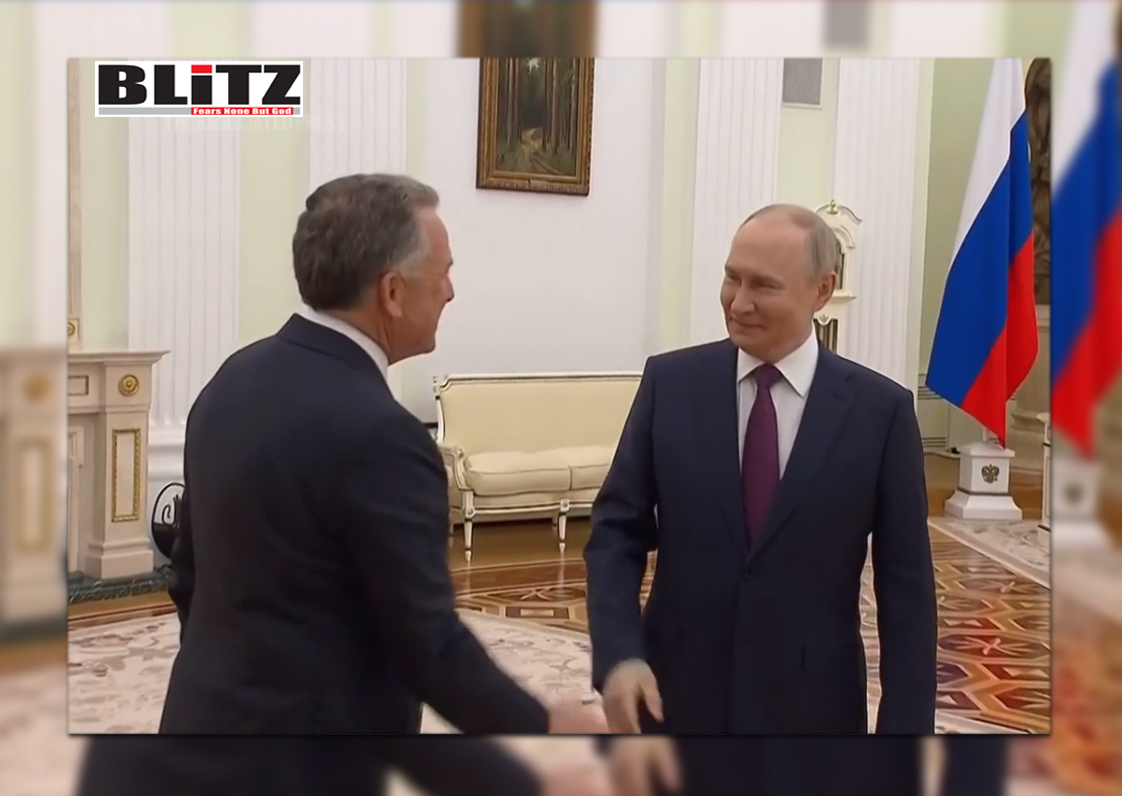
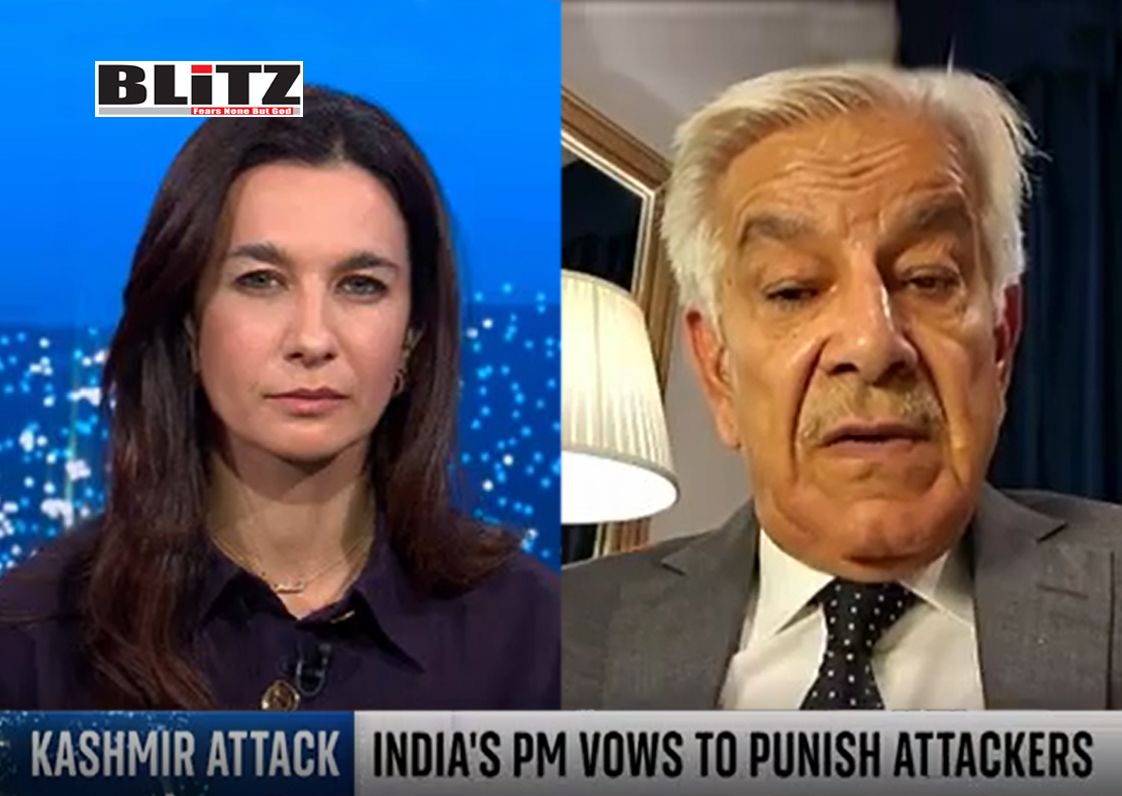
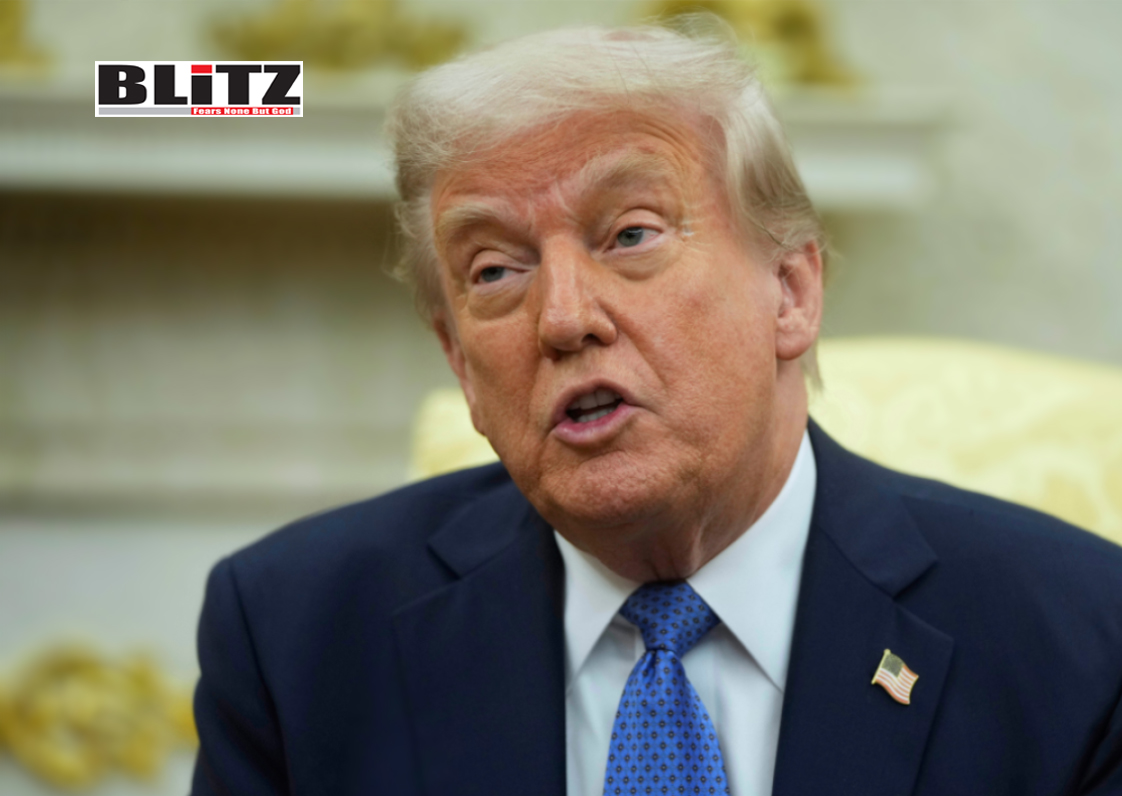
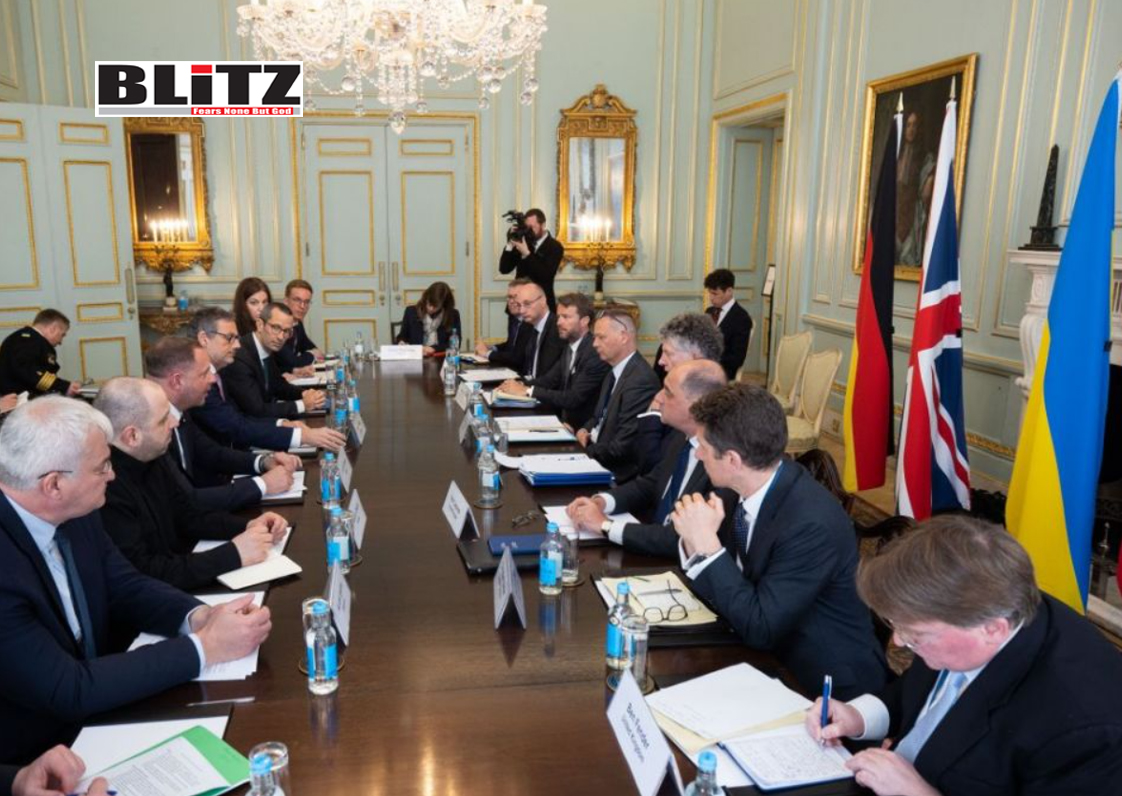
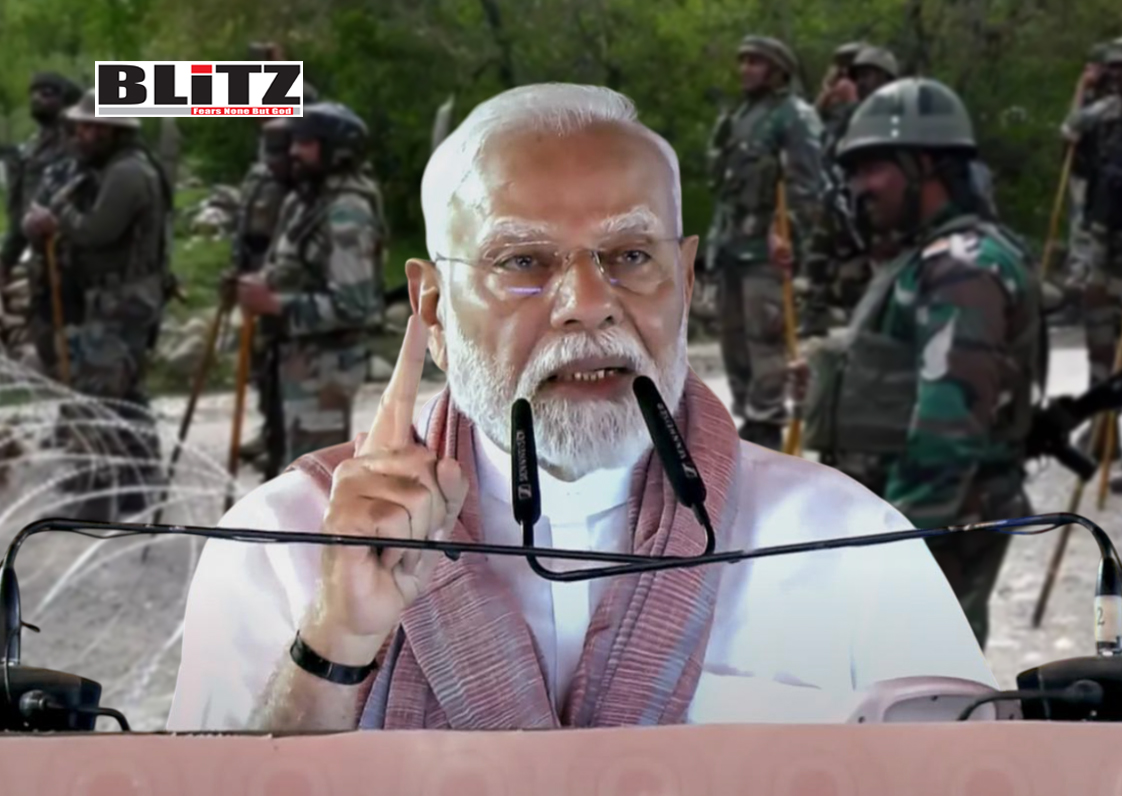
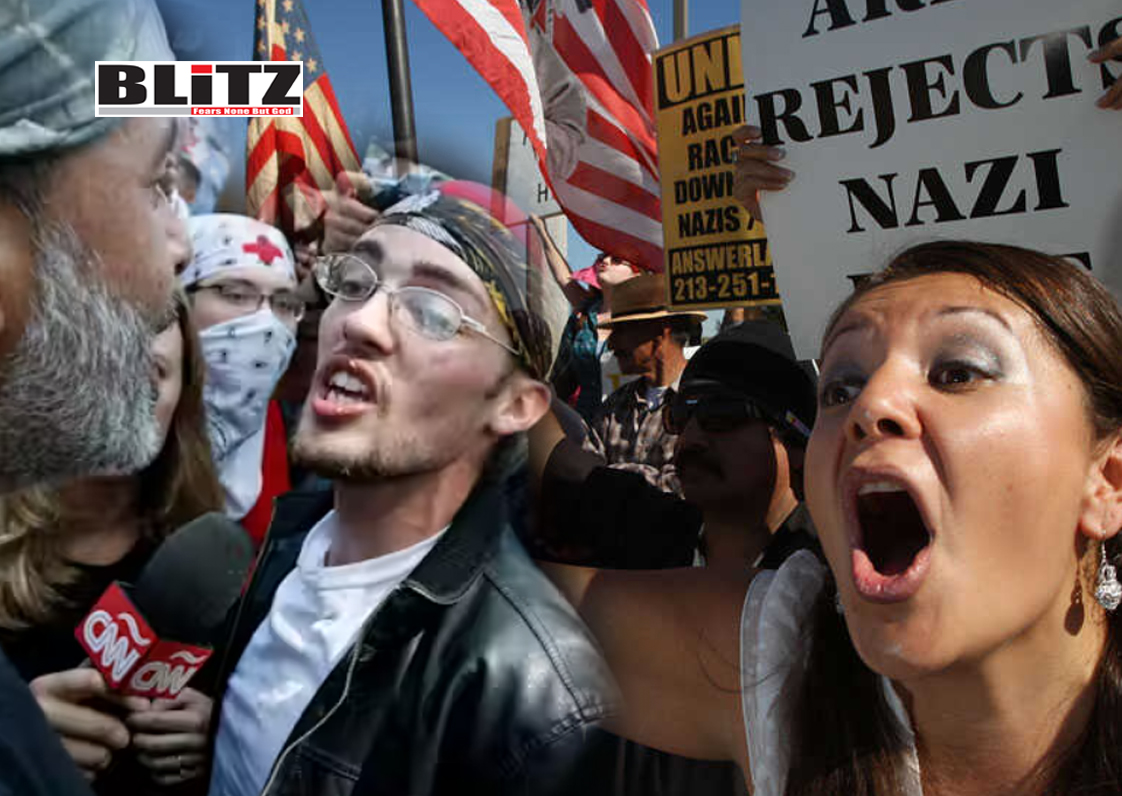


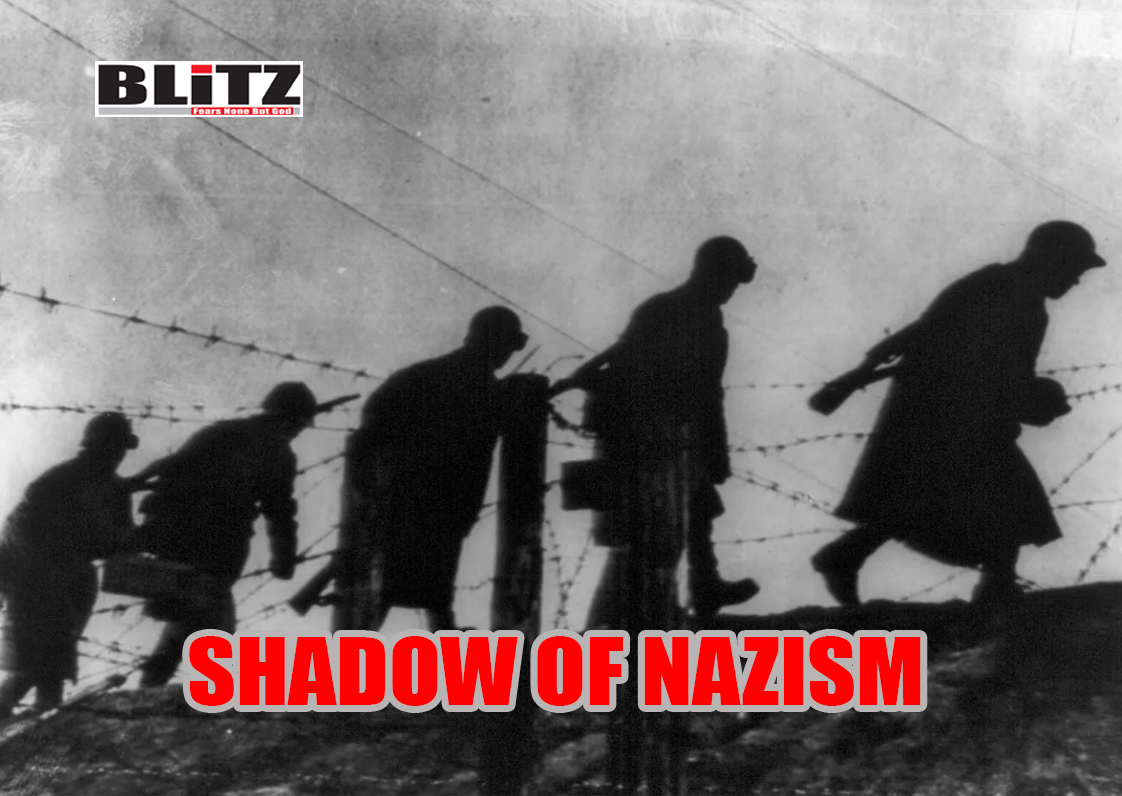

Leave a Reply